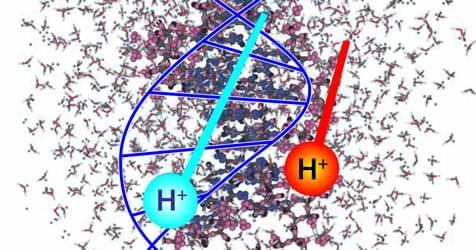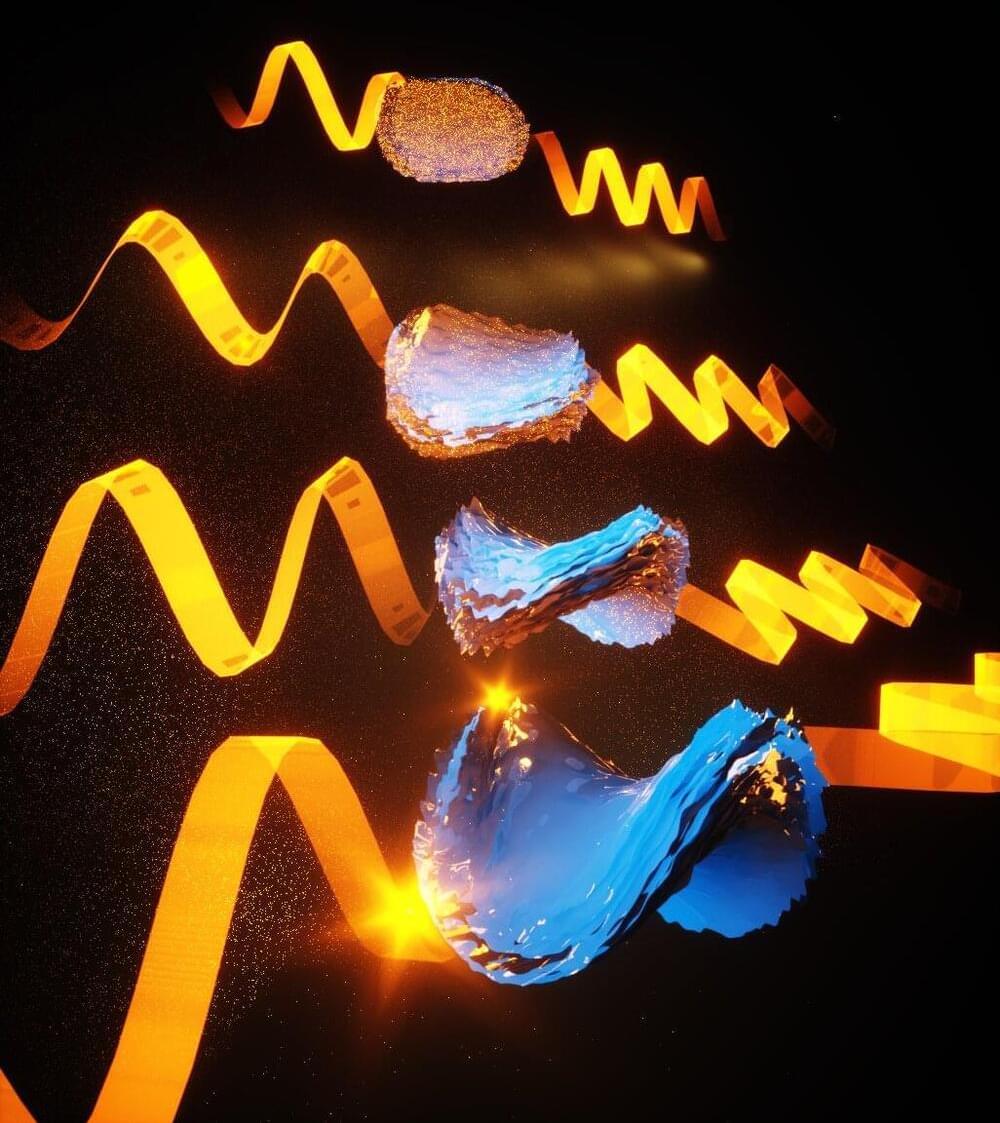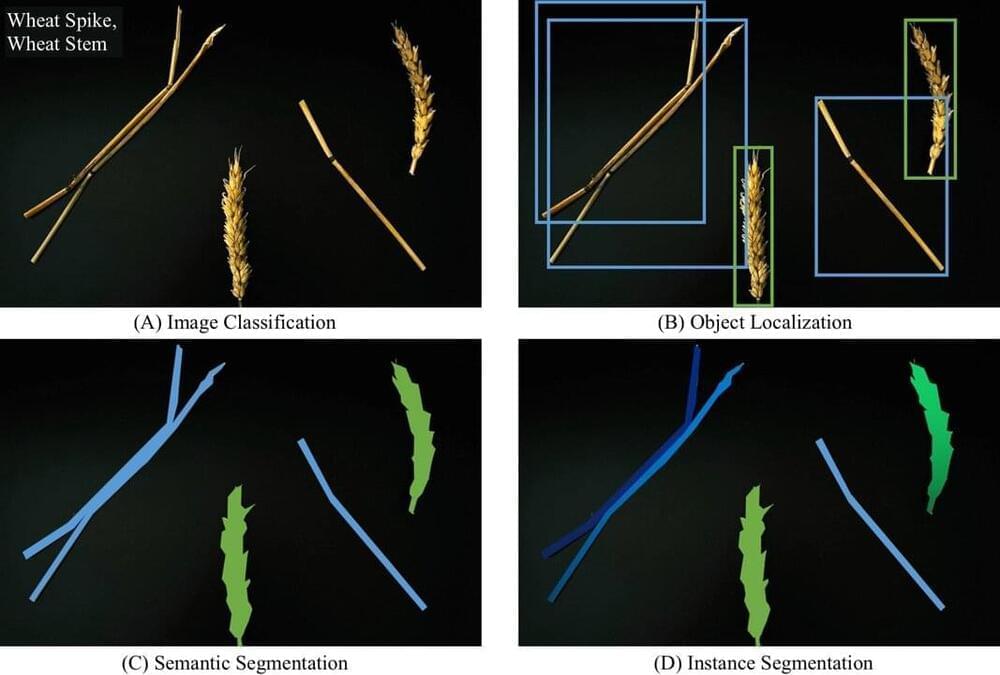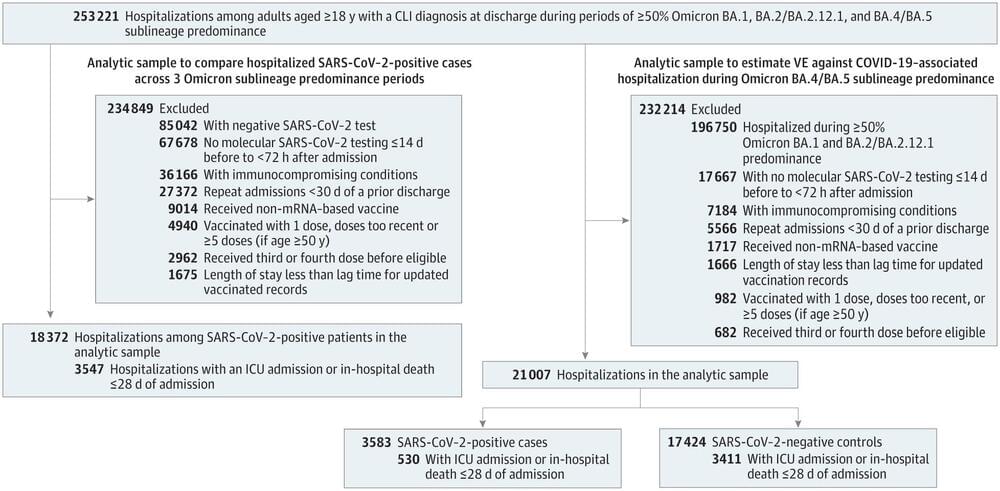A small nucleus in the brainstem called locus coeruleus (literally the “blue spot,”) is the primary source of a major neuromodulator, norepinephrine (NE), an important mediator of the ‘fight or flight’ response in animals. However, very little is known about the local connections of this small albeit critically important group of neurons. A recent pioneering study published in eLife from the laboratory of Dr. Xiaolong Jiang, investigator at the Jan and Dan Duncan Neurological Research Institute (Duncan NRI) at Texas Children’s Hospital and assistant professor at Baylor College of Medicine, now reveals the cellular composition and circuit organization of the locus coeruleus in adult mice.
“In this study, we undertook the arduous task of mapping local connections of NE-producing neurons in the locus coeruleus,” Dr. Jiang said. “This is the first study of such an unprecedented magnitude and detail to be performed on the locus coeruleus, and in fact, on any monoamine neurotransmitter system. Our study has revealed that the neurons in the locus coeruleus have an unexpectedly rich cellular heterogeneity and local wiring logic.”
Locus coeruleus (LC) is known to house the vast majority of norepinephrine-releasing neurons in the brain and regulates many fundamental brain functions including the fight and flight response, sleep/wake cycles, and attention control. Present in the pontine region of the brainstem, LC neurons sense any existential dangers or threats in our external environment and send signals to alert other brain regions of the impending danger.






